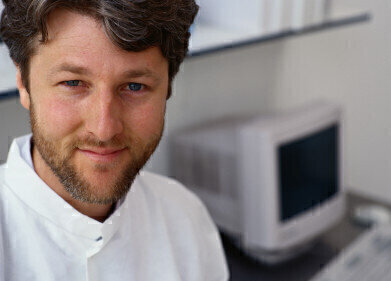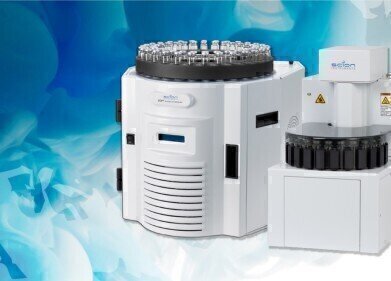Industrial News
US Army Unites to Fight Ebola
Jul 10 2015
The US army is often cited as being the greatest, most disciplined and most dangerous killing machine in history. But what about its healing properties? Two different factions of the US army are joining forces to face one of the deadliest enemies they have confronted to date: Ebola.
Ebola took the world by surprise back in December 2013 and has since claimed more than 9,000 deaths from more than 22,000 confirmed cases, mostly in the African countries of Sierra Leone, Liberia and Guinea. In an attempt to curb its malicious influence, scientists over the world have been scrambling to create an antidote and a vaccine which would limit its spreading any further. One of the latest projects undertaken to try and put a stop to it comes from the US army.
Two Branches Unite for a Twofold Approach
The Edgewood Chemical Biological Center (ECBC) and the Medical Research Institute of Infectious Diseases (USAMRIID) are both branches of the hulking beast that is the US armed forces. Now, they have pledged to work together to attempt to attack the Ebola disease on two fronts.
Firstly, they intend to supervise and control the quality of vaccines being tested for effectiveness. The ECBC team will analyse a range of vaccine samples provided by USAMRIID to test for the amount of VP40 and glycoprotein quantities and concentrations. The aim here is not only to ensure an impeccable level of quality control across the board in vaccines produced, but also to determine if there is a relationship between such protein concentrations and the efficacy of the vaccine in providing immunity to the disease. This work is key to finding a way to prevent the disease spreading and in learning how to treat it.
Secondly, the two factions will work together to try and identify a set of biomarkers specific to the Ebola disease in serum. By analysing Ebola-infected serum samples, they hope to isolate a panel of proteins which will become a sort of tell-tale sign of the disease. This work is imperative in detecting Ebola in patients in the future before symptoms develop and it becomes too late.
Chromatography Battles Ebola
Integral to the work is the loan of a Q Exactive Plus mass spectrometry system, along with a Dynex nanoflow liquid chromatography sampler and pump from Thermo Fisher Scientific. The sophistication of the technology will help ECBC no end in achieving faster and more precise results in its analysis, which could make all the difference in making the breakthrough in the fight against Ebola.
To learn more about how the technique of chromatography is being utilised to further research into Ebola vaccines and inoculations, check out the article Can Chromatography Help Cure Ebola? As well as talking about new methods of funding chromatography-based research, the article as looks at how the discipline has been instrumental in investigating avenues of Ebola treatment over the past couple of years.
Events
Jan 20 2025 Amsterdam, Netherlands
Feb 03 2025 Dubai, UAE
Feb 05 2025 Guangzhou, China
Mar 01 2025 Boston, MA, USA
Mar 04 2025 Berlin, Germany












